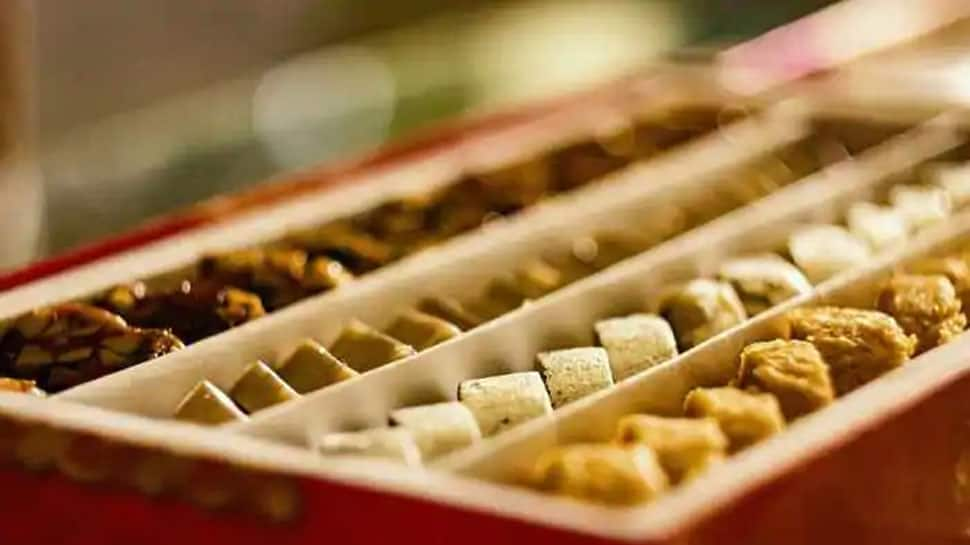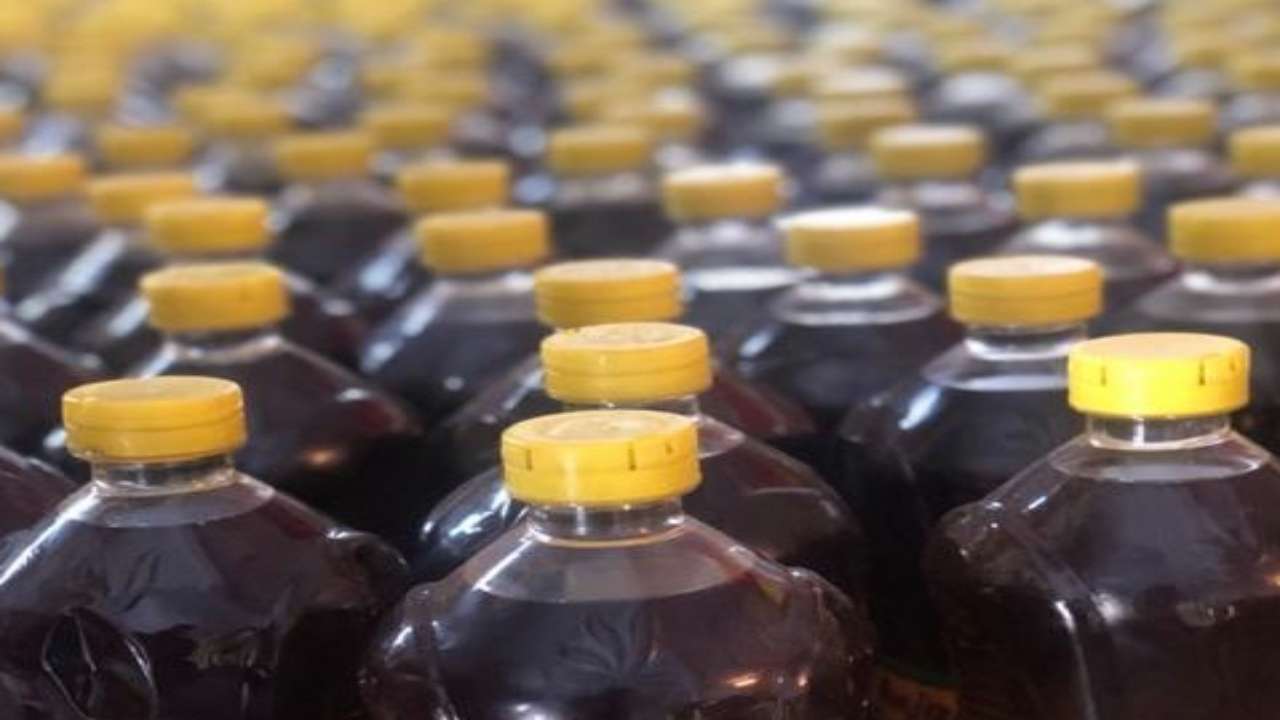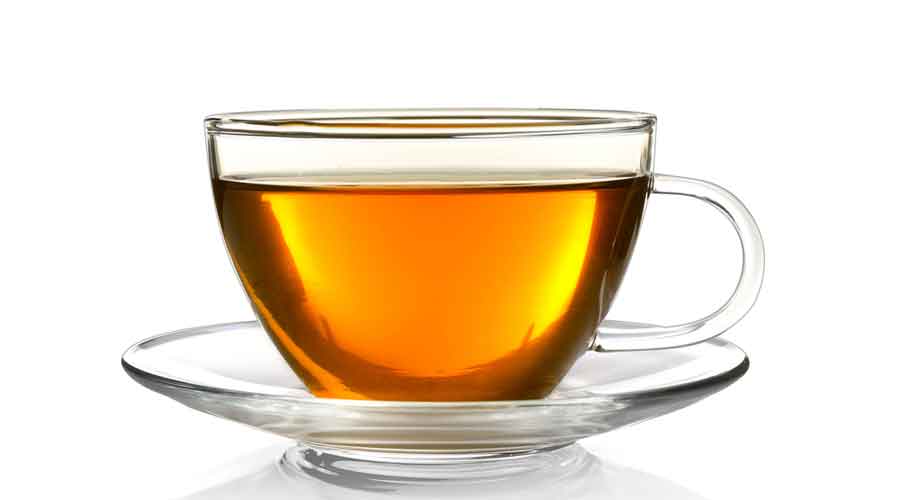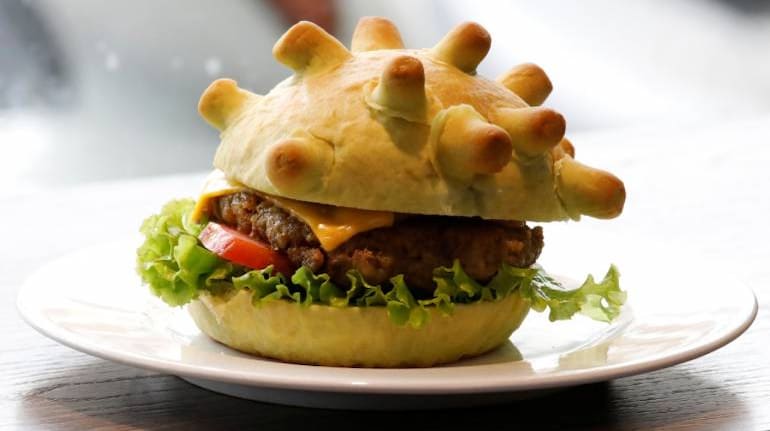
Authorities of the sweet manufacturers’ association said that the directive could spell doom on small and medium sweet shops in urban areas and towns
Sweet shops owners in West Bengal, a state that is known for its traditional sweet treats, has sought the intervention of Prime Minister Narendra Modi and chief minister Mamata Banerjee to roll back the latest directive of the Food Safety and Standards Authority of India (FSSAI) that makes it mandatory for sweets shops to declare the ‘best before date’ of non-packaged or loose sweets.
The food safety regulator, in a letter dated 25 September to the commissioner of food safety of all states and Union Territories, said, “...In the public interest and to ensure food safety, it has been decided that in case of non-packaged/loose sweets, the container/tray holding sweets at the outlet for sale should display the ‘Best Before Date’ of the product mandatorily with effect from October 1, 2020.”
Authorities of the sweet manufacturers’ association said that this could spell doom on the small and medium sweet shops in urban areas and towns, which form the bulk of the Rs 2,000 crore sweets industry in Bengal.
“While a small-time shop manufactures around 20-30 varieties of sweets every day, for a big shop this can go up to 100 varieties. Imagine keeping a tab on each and every tray and noting down the time and mentioning the best before date on each tray. The industry is already facing a shortage of labour. Also, you need a literate person who can maintain the log. Not all labour in a sweetshop can do that. We would need to employ another person or two for this. This could spell doom,” said Asis Pal, joint secretary of the All West Bengal Sweet Manufacturers’ Association, who has been in the business for more than four decades and has two shops in a district.
Bengali sweets, most of which are primarily made of milk and chhena, are not just popular in the state but are also famous across India. According to the association, there are around 1.5 lakh sweets manufacturers and shops in Bengal.
“We are ready to abide by laws. But it has to have some practicality. This new directive may suit big brands and traders but would be disastrous for the small and medium traders,” said D Das, who owns a popular confectionary and is a member of the association.
The letter also said that the food business operators (FBOs) might also display the date of manufacturing, adding that “it is not mandatory”. The food regulator said that the decision was based on various complaints about the quality and adulteration of sweets, mostly during the festive season.
We have already written to the Prime Minister, the chief minister and Union MSME minister Nitin Gadkari seeking their intervention. We are also trying to meet the chief minister. The new directive would spell doom on us,” said Pal.













